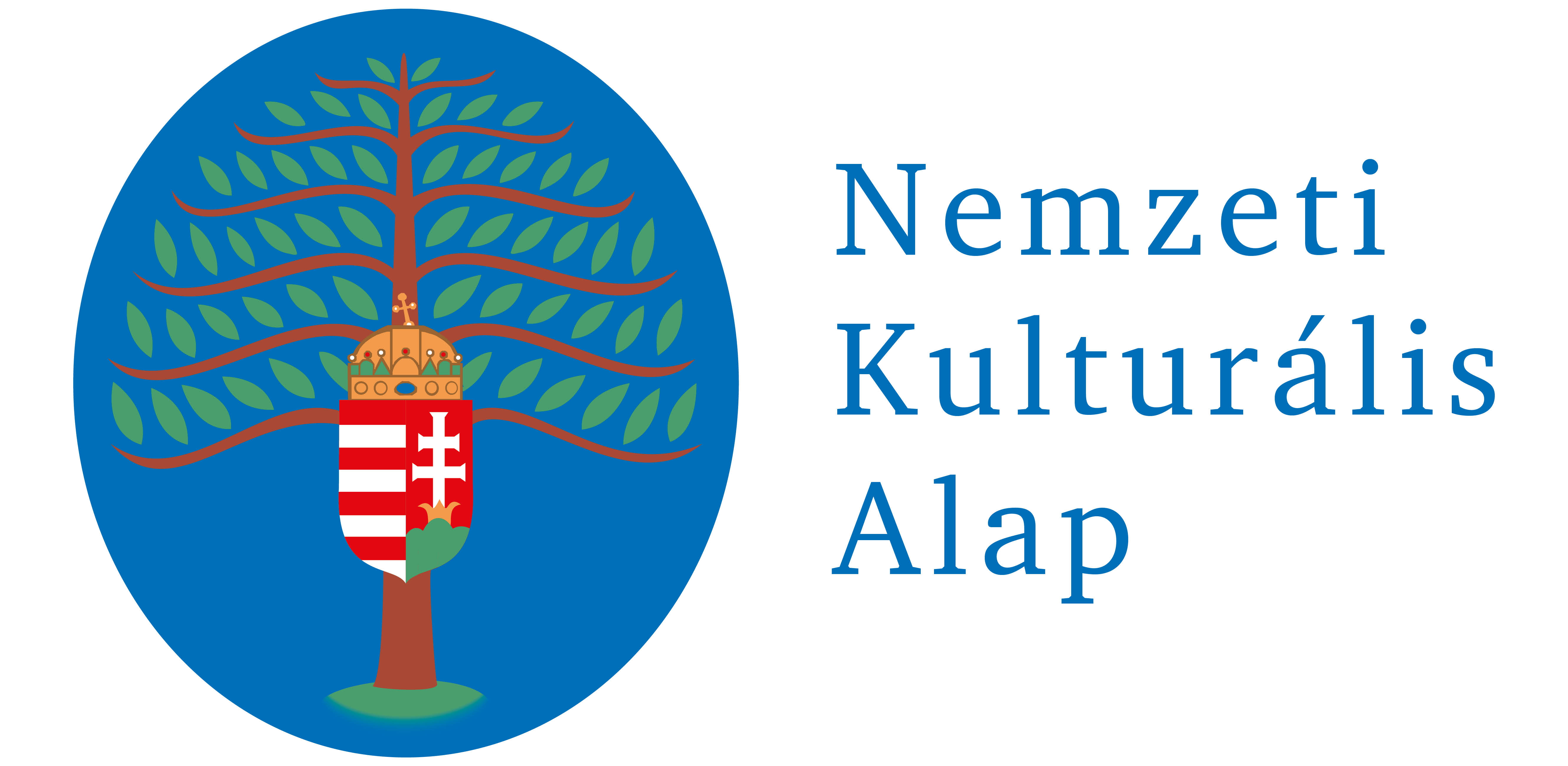Naptár
2024. április 15–19.
2024. április 20.
Eötvös József Kárpát-medencei középiskolai szónokverseny
2024. április 24. – május 3.
Tovább...
2. 2012.
Abstracts in English
Studies
Bóna, Judit
How secondary school students recall texts after listening
The ability to recall the information content of a text after listening plays an important role in learning and in several aspects of everyday life. The present study analyzes the speech of secondary school students by looking at their narrative comprehension and production. The aim of the research was to investigate the differences in the text interpretation of secondary school students after listening, depending on the genre of the given text, i.e., whether popular scientific or historical narrative texts were recalled. It was also investigated whether there are differences in the interpretation of secondary grammar school and vocational school students in terms of content, form, and speech planning. The findings show that students at eleventh grade (irrespective of school type and text types) have difficulties in the production of independent, coherent, and longer stretches of speech, in recalling information after listening, and in / understanding of the interrelations within the texts after listening.
Szőke-Milinte, Enikő
Communicative competence in the draft of the National Curriculum 2012
Competence measurements of previous years show that in spite of the improvements in the text comprehension of students in Hungary (the average of OECD countries has been reached), their first language competence still needs to be improved. Therefore, in the draft of the National Curriculum 2012 special attention is given to the development of key competences, including first language competence. This study first introduces the model of individual competence. After that it discusses the organization of communicative competence in detail. Finally, it investigates the place and role of first language competence in the draft of the National Curriculum 2012. In addition, it shows how certain cultural domains in the draft of the National Curriculum 2012 contribute to / the development of the skills component of communicative competence.
Kelemenné Széll, Zsuzsanna
Cooperative learning – attitudes towards subjects
This study investigates changes in the attitude of underprivileged students at vocational school towards subjects when they are taught with cooperative learning methods, compared to a control group of underprivileged students taught with traditional methods. The empirical analysis has been carried out with paper-and-pencil methods and interviewing student respondents (N = 207). According to the hypothesis of the study, attitudes towards subjects change when cooperative learning techniques are used. Cooperative work is favoured and proves to be successful among underprivileged students at vocational school. Findings show that cooperative learning leads to the improvement in the attitudes towards school subjects. Members of the experimental group have positively changed their opinion about learning, i.e., their attitude towards work has improved and they have learned how to cooperate with fellow students. By the end of the experimental period, they have progressed in their social development and recognized each other’s values.
Workshop
Grétsy, László
In Hungarian, playfully
This paper presents the latest book of László Grétsy. It provides the abridged version of the book’s introduction with various types of language games and puzzles that occur in the book. In addition to language games, the volume also contains logical puzzles and puzzles that challenge the monitoring capability of the readers. Readers can also learn about the history of certain games and can also make an attempt to solve some intriguing language games. The introduction also tells the readers how this volume has been compiled, how it is structured and what the role of game is in language and life in general. The following sample chapter gives a taste of f one particular language game, the so-called anagram. This part provides inventive examples of geographical names, titles of poems, and sayings. The interested readers can also have a chance to solve the puzzles and to look up the solutions in the key afterwards.
Laczkó, Mária
Ways to develop reading comprehesion –
exercises for text comprehension development classes
Experience and experiments show that the number of children who suffer from learning disorders increases. One symptom of this complex problem is the difficulty in task comprehension which often can be explained by a more general problem, i.e., the failure of text comprehension. Flawless reading and a sufficient level of text comprehension presuppose that a number of verbal and non-verbal skills function properly. . The aim of the study is to provide help for teachers with the development of students’ reading comprehension and skills that are essential for text comprehension. Classroom exercises that can be adjusted according to the needs of students in the group are introduced. The sample exercises can easily be modified and they might give ideas to the teachers to create similar exercises.














